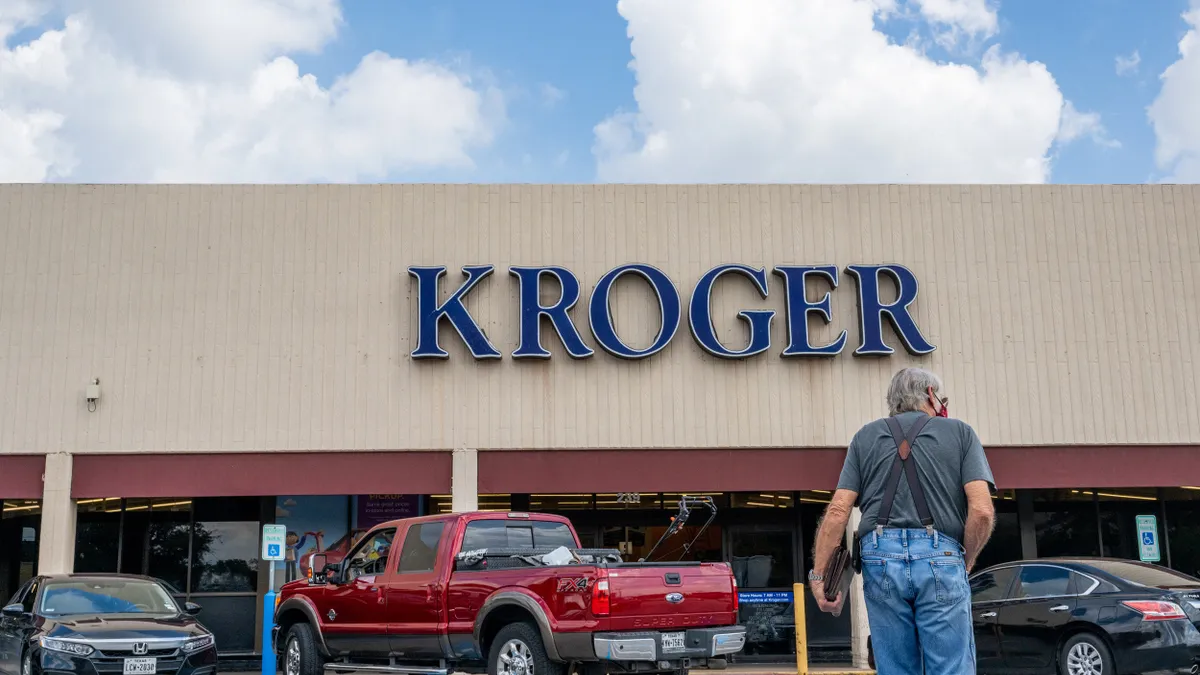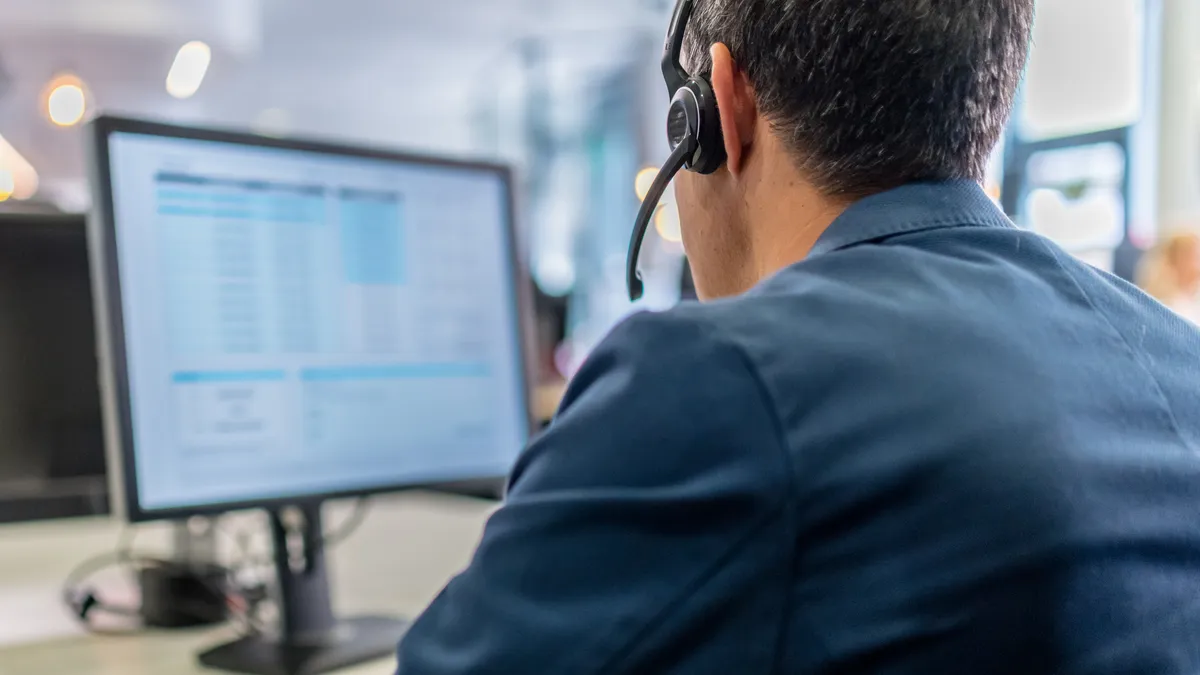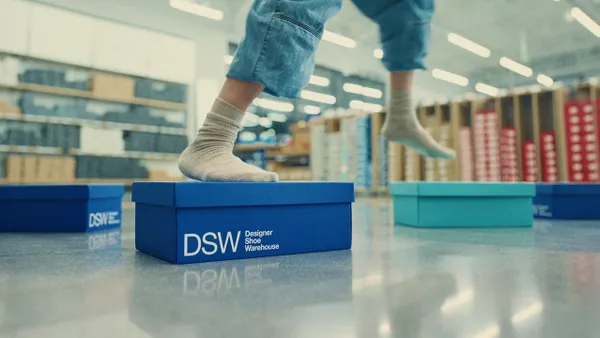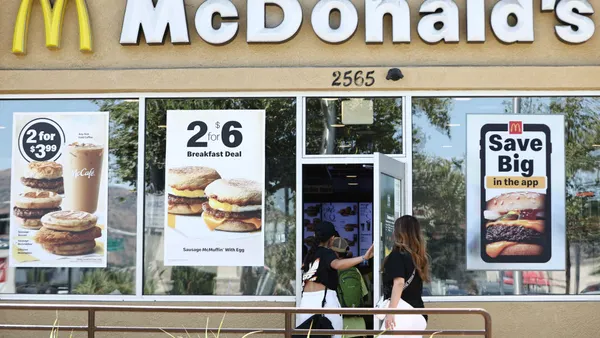Dive Brief:
- Kroger sees improving customer experiences online and in-store as a key priority to grow sales and market share, according to executives on a Q1 2025 earnings call Friday.
- The grocery chain is investing in better accuracy, reduced order pickup wait times and faster delivery to improve the e-commerce experience, according to interim CEO Ron Sargent.
- Kroger’s cost optimization strategy is connected to experience as well, according to Sargent. The grocer plans to close 60 stores over the next 18 months and will reinvest the savings back into customer experience.
Dive Insight:
While store expansion remains Kroger’s top market-share driver, experience plays an important role as well, according to Sargent.
“I don't want to discount the other driver in market-share gain, and that's in-store experience,” Sargent said during the call. “Customer service getting better, competitive pricing getting better, simpler promotions, in-store conditions — we're starting to see some progress there.”
Kroger is investing in associates’ hourly pay, benefits and technology to improve retention, according to Sargent. Workers who have been with the company longer are able to offer better customer service, making retention essential to the grocer’s efforts to improve the in-store experience.
Another part of Kroger’s strategy is to make it easier for customers to access deals, according to CFO David Kennerley. The company is simplifying how its promotions work by reducing the need for customers to pull out their phone to download a digital coupon.
Improved e-commerce experiences, which are being spearheaded by a revamped business unit, work in tandem with an improved store experience, according to Sargent. Digital experience improvements are bringing more households into Kroger’s online ecosystem, which drives overall sales.
“We know that our best customers shop with us through both e-commerce and in store, which makes it important for us to continue building and running great stores,” Sargent said.
Kroger’s comparable sales, excluding gas sales, rose 3.2% year over year in the first quarter of 2025, according to a company earnings report. E-commerce sales rose 15% year over year during the same period.
The grocer is also dealing with the fallout of its failed merger with Albertsons, which cost Kroger more than $1 billion over three years, according to a regulatory filing. Now that the deal is in the past, the company is moving forward with its annual store review, which led to the 60 planned closures.
The company’s focus on the customer will help it navigate any economic uncertainty in the coming year, according to Sargent.
“Our strategy is flexible enough to allow us to navigate this changing environment,” he said. “We are narrowing our priorities, and we are moving with speed to deliver customers an even better experience.”












